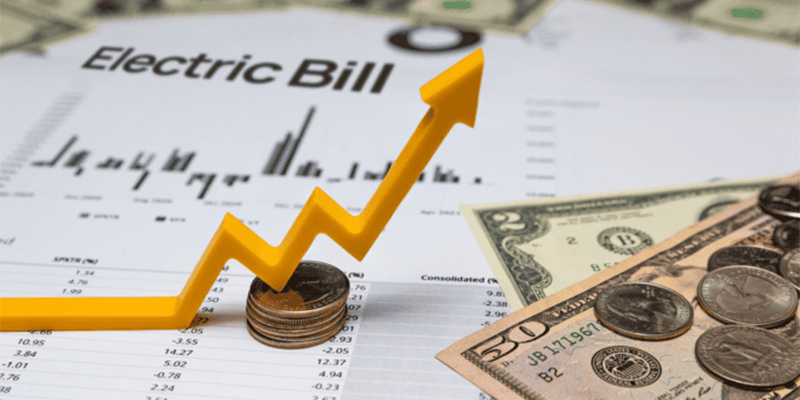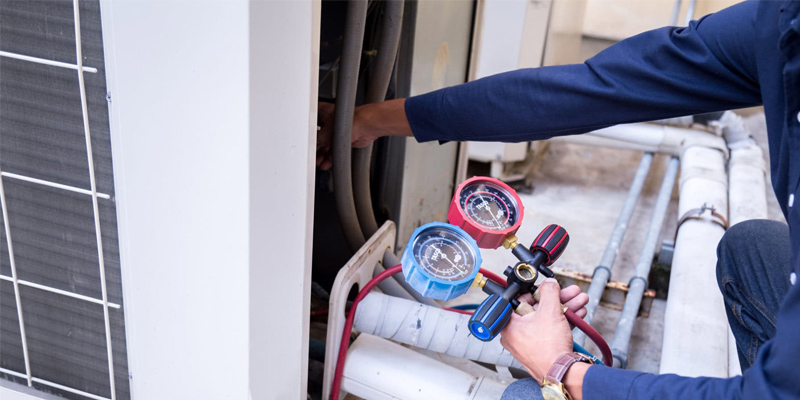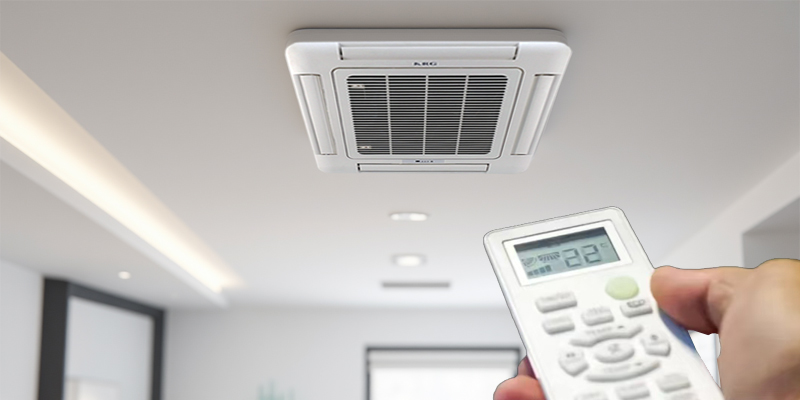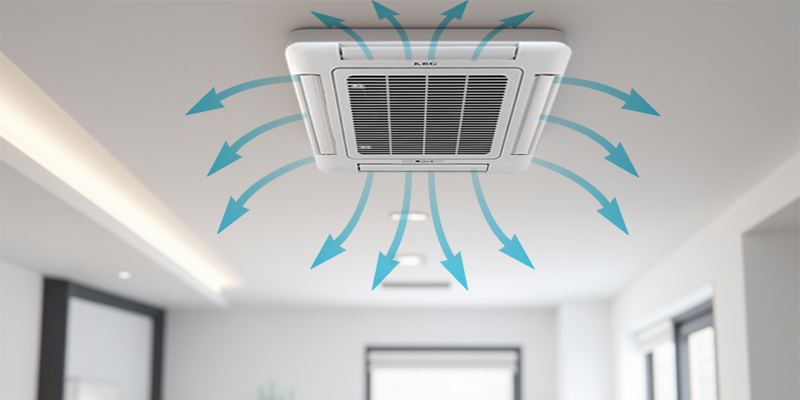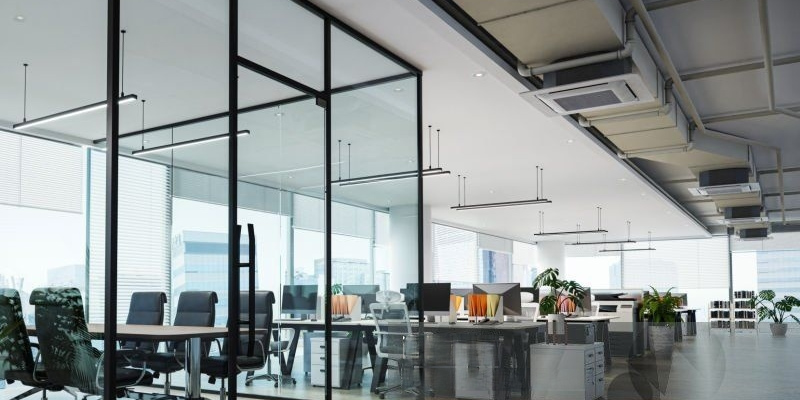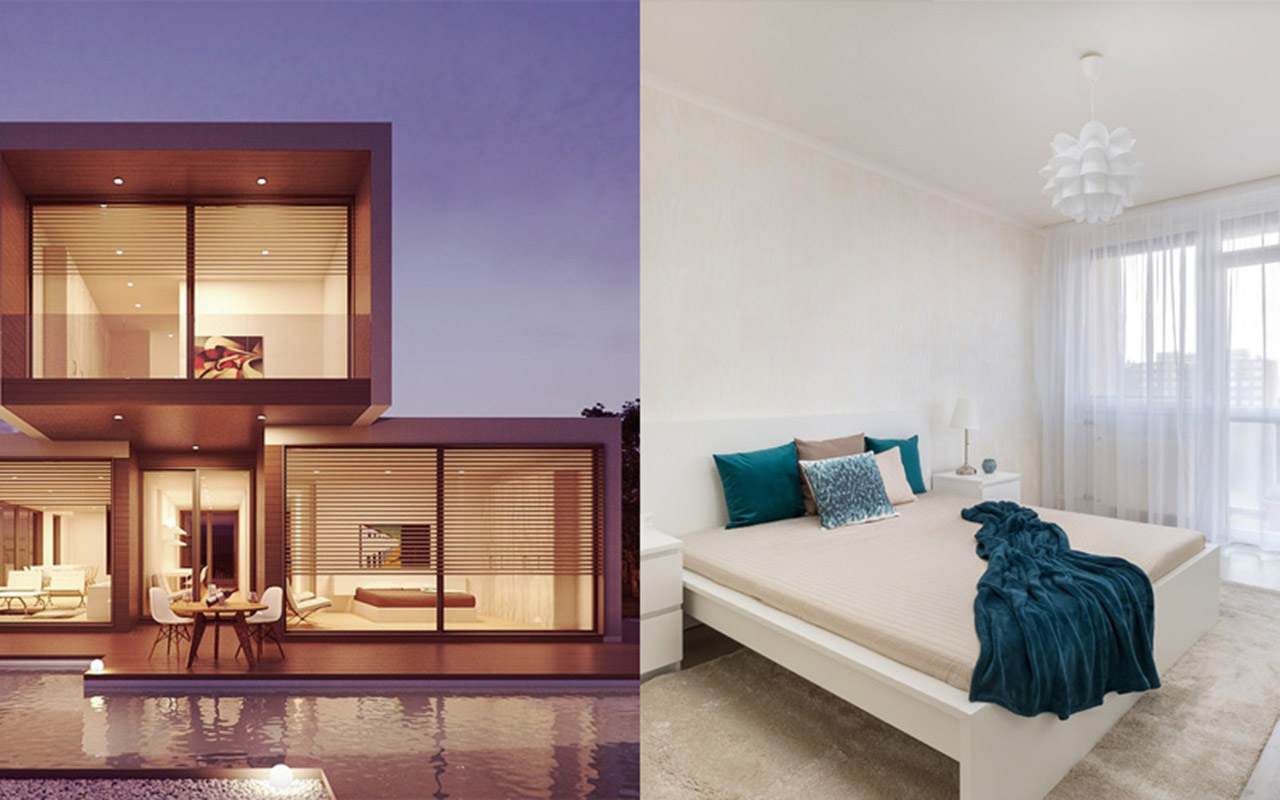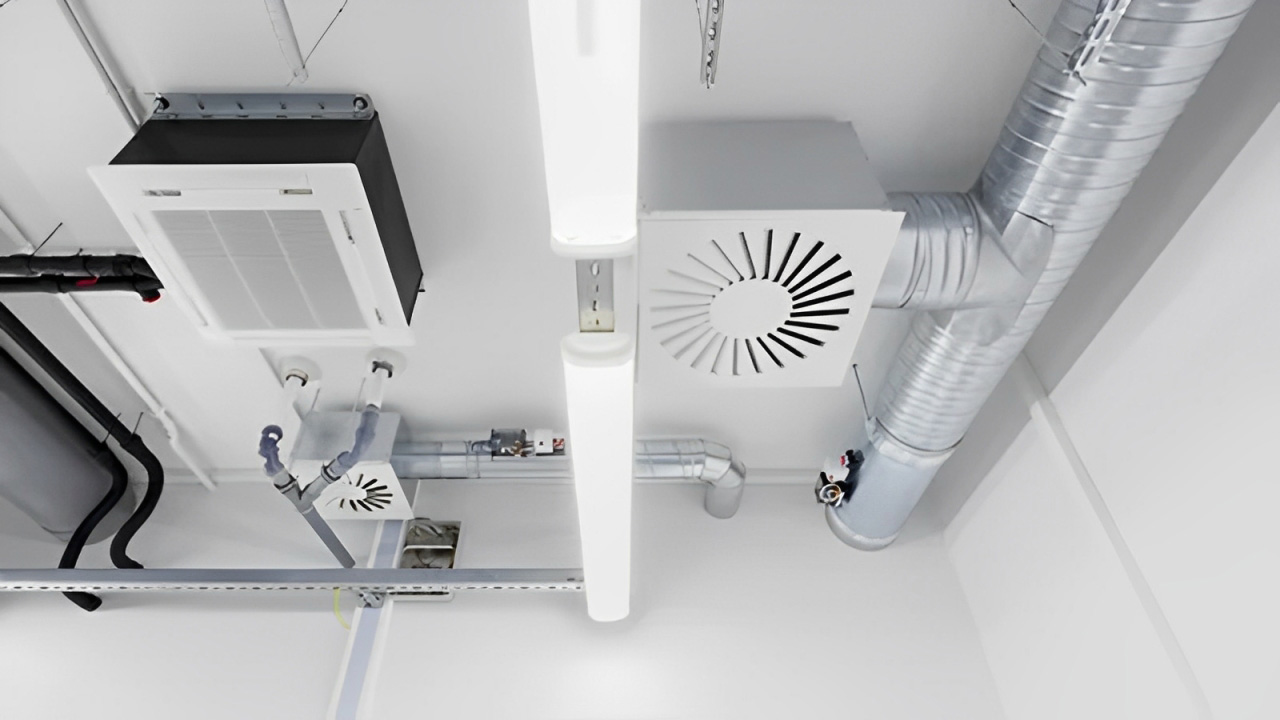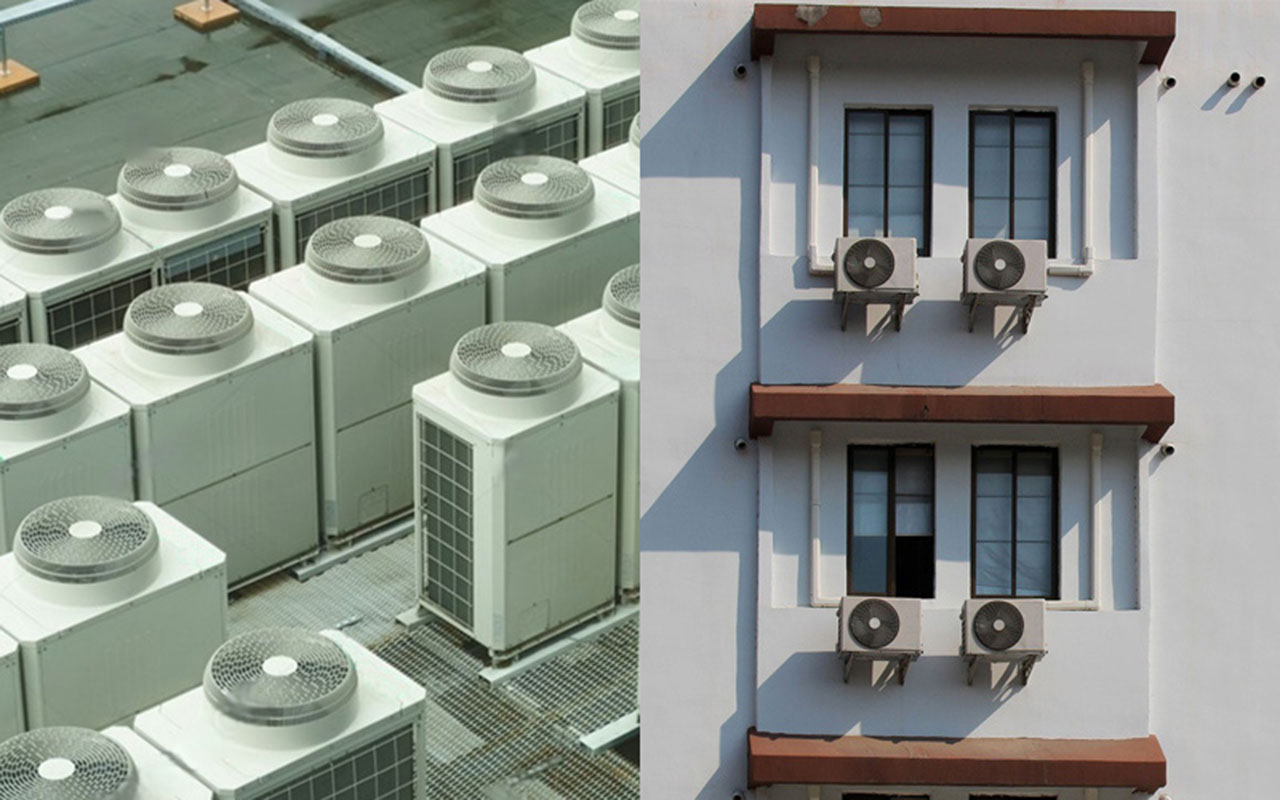Will It Damage The Air Conditioner If It Is Not Turned On For A Long Time?
A lot of users think that leaving the air conditioner unused for months or even one year will not cause any problems. However, not using air conditioners for a long time will not only influence the cooling effect but also damage the machine itself in many aspects. This article will clarify the reasons and come up with some maintenance tips.
I. Potential problems
1. Compressor aging, poor lubrication
The compressor is the heart of the air conditioner; not using it for a long time will lead to lubricating oil sedimentation and oil film tearing. It will add more friction when starting the air compressor and damage the spare parts inside, even burning the compressor.
2. Parts getting damp and rusty inside
Both the indoor and outdoor units include metal parts. If not used for a long time without moisture prevention measures, the PCB board and fan motor will get damp and age due to the humidity in the air.
3. Dusty filter with breeding bacteria
If there is no regular cleaning, the filter will accumulate dust, pollen, and even mold. Not using it for a long time, the air conditioner will be the warm bed for the bacteria. Dirty air will be blown into the room when staring.
4. Unseen refrigerant leakage
If the air conditioning system has a slight leakage of the refrigerant and is not used for a long time, then it will not be detected timely. Once we go back to use it and find it does not cool, the compressor is already damaged.
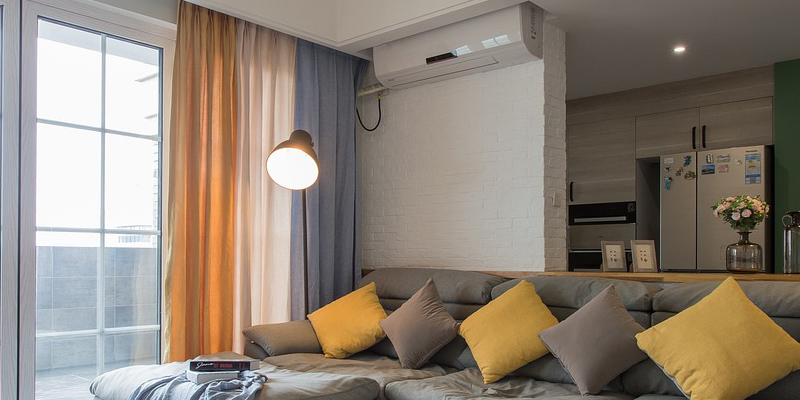
II. Suggestions to maintain an air conditioner without using it for a long time
Shorten operation each month
-
- It is recommended to turn on the air conditioner for 10-15 minutes every month, even in the non-using seasons. It keeps the compressor, fan, and electric circuit in an active condition.
Completely clean the filter and panel
-
- Before turning the air conditioner off, it is necessary to clean the air filter and the machine itself to avoid accumulation of the dust and bacteria.
Keep a dry environment
-
- It is suggested to use dehumidify mode for a period before turning off the AC units to keep the machine dry inside, particularly during the rainy season and in humid areas.
Cover the outdoor unit well
-
- If the air conditioner is not in use and will be exposed to direct sunlight or rain for a long time, we can use a mask or canvas to cover and protect the outdoor unit and avoid aging.

III. Tips before reactivating the air conditioner
- Clean or change the filter.
- Check the battery and the power supply.
- Supply the power for 2-3 minutes before starting, avoiding voltage surge.
- If poor cooling or a strange smell occurs, please contact the professional team for help.
Air conditioners are not meant to be left idle. Not turning them on for long periods of time will damage the machine. Only if we turn it on regularly, clean the filter, take moisture-proof and dust-proof measures, and take such easy steps can we extend the lifespan of air conditioners and ensure safety. The regular maintenance should be a concern, particularly in South China and other tropical countries.
